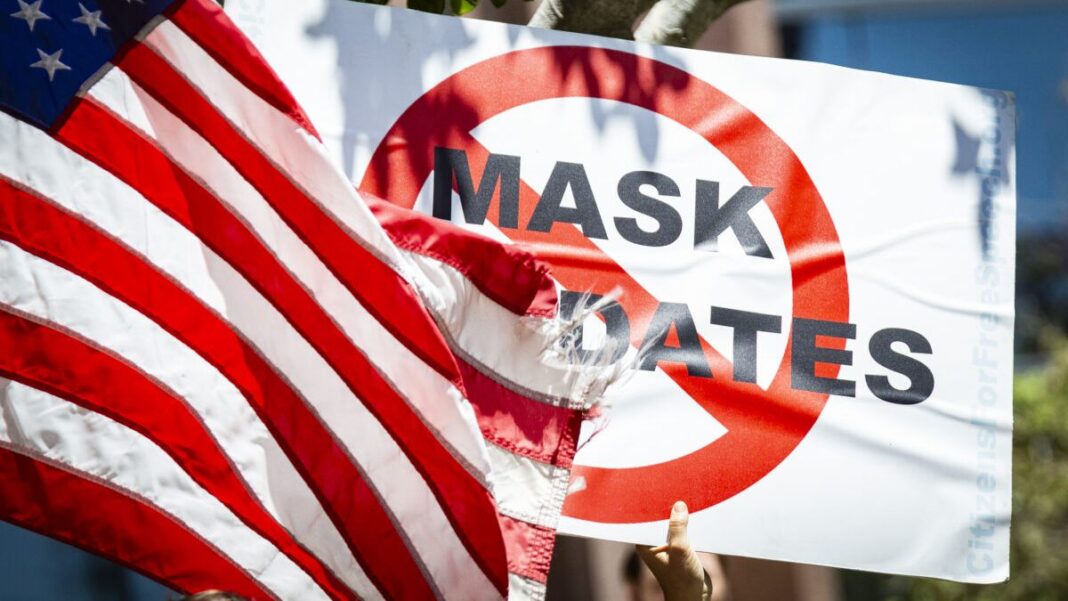Elon Musk’s social media giant X, formerly known as Twitter, is challenging the constitutionality of a California law that the company argues infringes its free speech rights, taking legal action against California.
California Assembly Bill 587 (AB 587) allows the state to dictate to X, and other large social media companies, with respect to their terms of service, requiring the platforms to include terms related to content moderation. A second provision of the law requires X to submit semi-annual “terms of service reports” to the California attorney general.
These reports need to include detailed descriptions of content moderation practices, information about how the company defines and moderates various categories of content (such as hate speech, extremism, disinformation, harassment, and foreign political interference), as well as statistics on actions taken to moderate these categories of content.
In a lawsuit filed in Sacramento on Friday, X argued that AB 587, which was signed into law by Democratic Gov. Gavin Newsom a year ago, infringes on the company’s free speech rights under both the First Amendment to the United States Constitution and Article I, Section 2 of the California Constitution.
X contends that the law violates its First Amendment right to “not speak about controversial topics” and self-determine what it will and won’t say on such topics.
“[The law] impermissibly interferes with the constitutionally-protected editorial judgments of companies such as X Corp., has both the purpose and likely effect of pressuring companies such as X Corp. to remove, demonetize, or deprioritize constitutionally-protected speech that the State deems undesirable or harmful, and places an unjustified and undue burden on social media companies such as X Corp,” the lawsuit states (pdf).
California has described AB587 as a “transparency measure” designed to make content moderation policies and statistics publicly available. The law’s supporters deem it a measure to combat online hate and keep social media companies accountable for content users post.
However, X disputes California’s characterization, pointing to legislative history and statements from the law’s author, sponsors, and supporters as evidence that the law’s alleged true intent, in the company’s view, is to pressure social media platforms to “eliminate” certain constitutionally-protected content.







